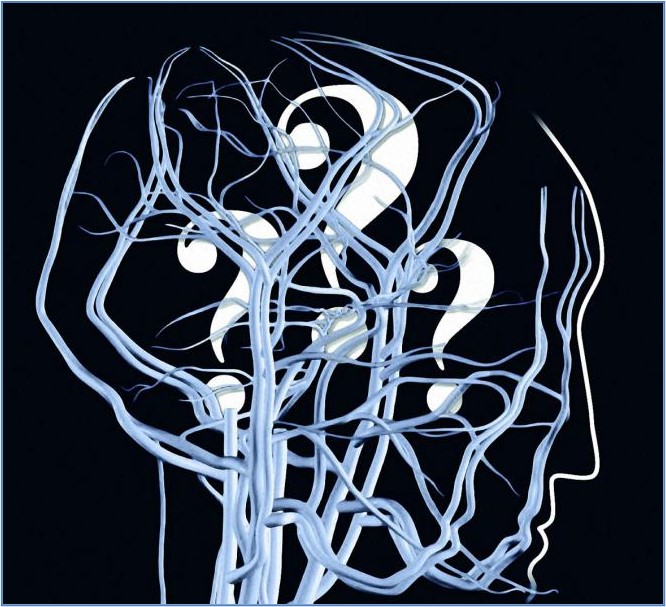Welcome Message
On behalf of the Hungarian Venous Forum, the Hungarian Society of Angiology and Vascular Surgery and the Balkan Venous Forum it is a great pleasure to invite you to join us at our international meeting, the Another Phlebology Symposium.
This is the 4th occasion that we are organising this stimulating meeting, getting together to discuss some fresh and useful ideas within phlebology.
The previous ones in 2014, 2017 and 2019 were very successful, and inspired us to turn this into a series of meetings in Budapest. Our aim is a little different from that of other conferences. We prefer to speak about very innovative and unknown things, rather than prove topics which have already been proved many times before. This means we would like to discuss both recent observations, works in progress without strong supportive evidence, and other things not really new, but not yet mainstream in our discipline.
At the same time, we intend to keep these presentations practical. There are ideas used only by a few colleagues, which could be beneficial for many patients. We are also looking for some non-evidence-based dogmas, and trying to get rid of them.
We are very glad that our region, which previously lagged behind western countries in terms of phlebology, has become so active and creative in the last few decades. Most of the presentations are from this region.
We are happy to award the best presentation at the end of the meeting.
We invite you to Budapest, one of the most beautiful capitals in the world. There are a lot of museums, archaeological findings, classical concerts, theatres, special Hungarian restaurants, pubs, excursions and walking tour possibilities, thermal baths, stunning view from various points of the city.
We hope you enjoy your time here!
Dr. Imre Bihari
Chair of the Conference |
Tanja Rucigaj
President of BVF |
